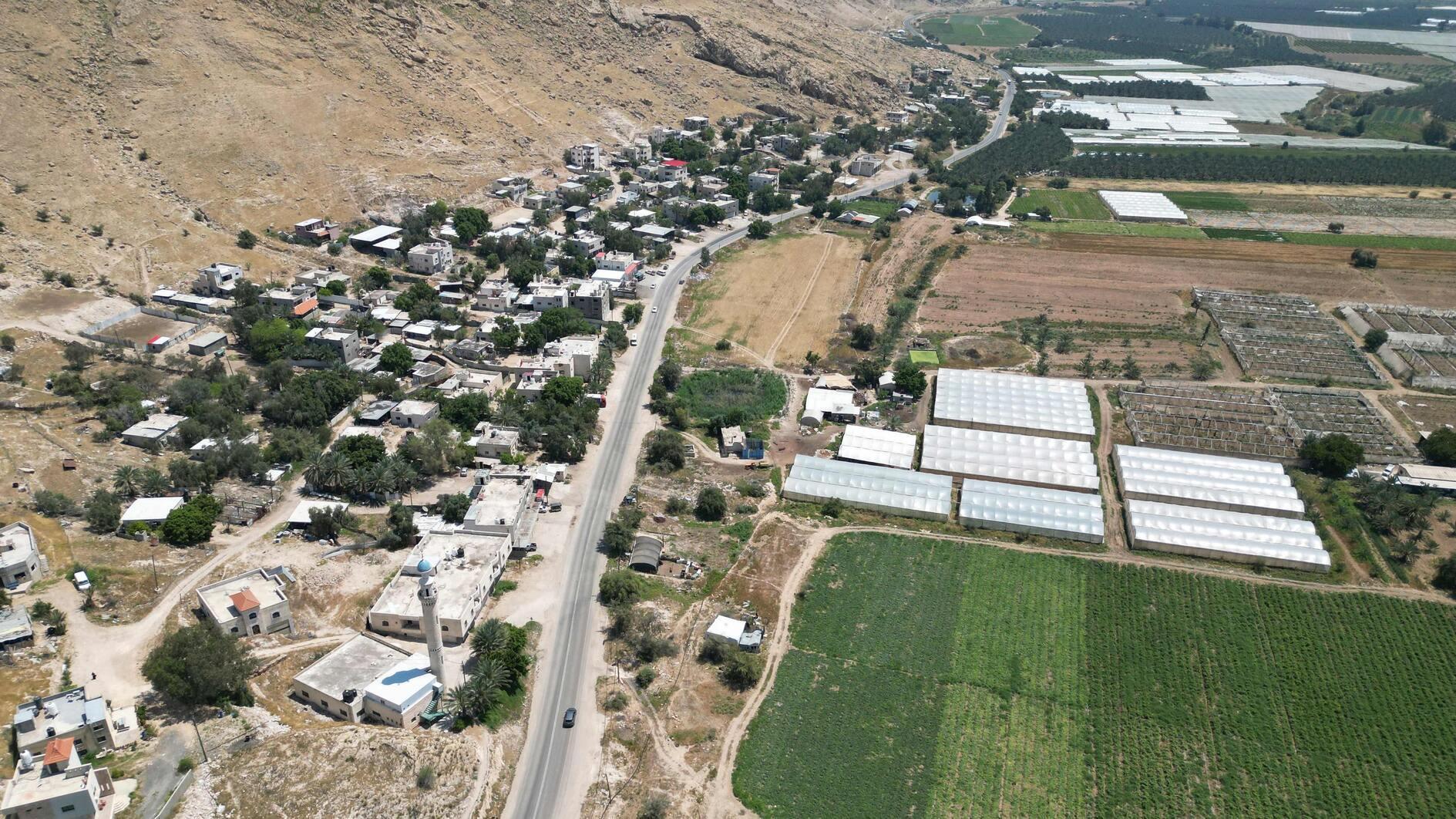The soul and spirit of the Copenhagen criteria
The European Union is the most successful ever peace project. On a continent that fought so many wars all through the history, nations, through EU membership, were made interdependent economically, politically and to some degree culturally. Members are required to act in solidarity. Irrespective of their sizes, these members were granted full equality.
The last sentence was the crux of the EU. Only through equality of all members, irrespective of the sizes of countries, are the smaller states protected from being politically smashed by the heavyweights such as France, Germany or Britain. Still, no EU decision can be transferred into life unless the EU heavyweights, particularly Germany, subscribe to them. As the Nasraddin Hodja joke underscores, whoever pays for it blows the fiddle. If most EU countries subscribe the idea that bigger countries should contribute more to the EU budget and funds, then that means there is a sort of a money-fiddle deal.
Contrary to general perception – perhaps a residue of the earlier European Economic Union stage – the EU is not just an economic community. It is a community of nations that came together around a web of norms, principles, rules and regulations that are all together called the acquis communitaire. The membership criteria of the EU were laid down at the June 1993 European Council in Copenhagen. Accordingly, a candidate state must have the institutions and the legal framework to preserve democratic governance and human rights besides having a functioning market economy, and of course it must accept as well the obligations and intent of the EU.
“Membership requires that candidate country has achieved stability of institutions guaranteeing democracy, the rule of law, human rights, respect for and protection of minorities, the existence of a functioning market economy as well as the capacity to cope with competitive pressure and market forces within the Union. Membership presupposes the candidate’s ability to take on the obligations of membership including adherence to the aims of political, economic and monetary union” the Copenhagen Presidency conclusions said.
Why do I give so much detailed background information? Simple. Seeing the horrendous behavior at Gezi Park and elsewhere recently of the Turkish police acting on government orders, Germany believed Turkey did not deserve the continuation of the accession talks. It did not have sufficient backing to push for the halting of accession talks as such a move would require the support of 2/3 of EU members. Calling off Turkish accession talks would anyhow be a very bad move, not serving EU interests either. Thus, Germany instead offered a “compromise” formula to open talks on Chapter 22, dealing with regional policy, but delaying the formal opening until after the October release of the Turkey annual progress report.
What’s the meaning of this development? It’s quite clear. Turkey was shown the stick. It was told in very clear terms that Copenhagen political criteria was not required for the start of the accession talks but are the soul and spirit of the EU. Democratic governance; transparency in governance; accountability; minority rights; human rights and of course freedom of expression are required all the time, not for starting talks only. Germany’s move (together with Austria and the Netherlands) hurt the EU supporters in Turkey as they come under intense pressure of the government to write and pressure German Chancellor Angela Merkel to step down.
A crisis is left behind... More in the pipeline as autocratic aspirations persist.











